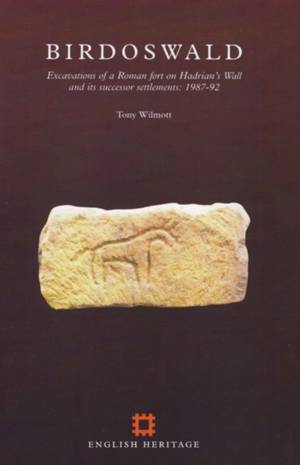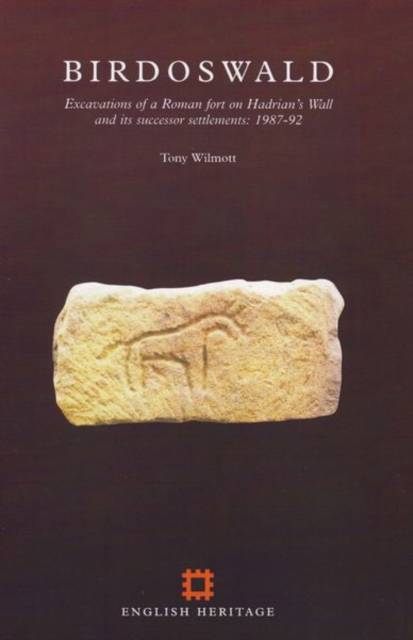
Bedankt voor het vertrouwen het afgelopen jaar! Om jou te bedanken bieden we GRATIS verzending (in België) aan op alles gedurende de hele maand januari.
- Afhalen na 1 uur in een winkel met voorraad
- In januari gratis thuislevering in België
- Ruim aanbod met 7 miljoen producten
Bedankt voor het vertrouwen het afgelopen jaar! Om jou te bedanken bieden we GRATIS verzending (in België) aan op alles gedurende de hele maand januari.
- Afhalen na 1 uur in een winkel met voorraad
- In januari gratis thuislevering in België
- Ruim aanbod met 7 miljoen producten
Zoeken
Birdoswald
Excavations of a Roman fort on Hadrian's Wall and its successor settlements, 1987-1992
Tony Wilmott
€ 83,95
+ 167 punten
Omschrijving
Birdoswald, built on a high spur between the River Irthing and Midgeholme Moss, was the eleventh fort from the east end of Hadrian's Wall. With skill and care tony Wilmott has integrated the archaeological, historical and scientific evidence contributed by numerous experts to reconstruct the life of the Roman fort and its later uses.
Specificaties
Betrokkenen
- Auteur(s):
- Uitgeverij:
Inhoud
- Aantal bladzijden:
- 462
- Reeks:
Eigenschappen
- Productcode (EAN):
- 9781850746461
- Verschijningsdatum:
- 1/01/1997
- Uitvoering:
- Paperback
- Afmetingen:
- 294 mm x 206 mm
- Gewicht:
- 1504 g

Alleen bij Standaard Boekhandel
+ 167 punten op je klantenkaart van Standaard Boekhandel
Beoordelingen
We publiceren alleen reviews die voldoen aan de voorwaarden voor reviews. Bekijk onze voorwaarden voor reviews.









